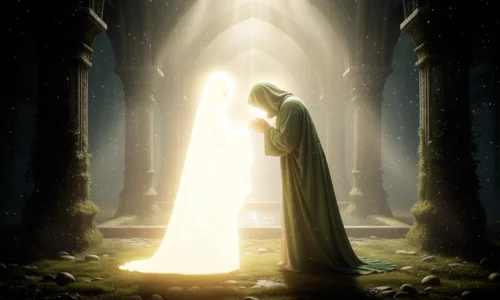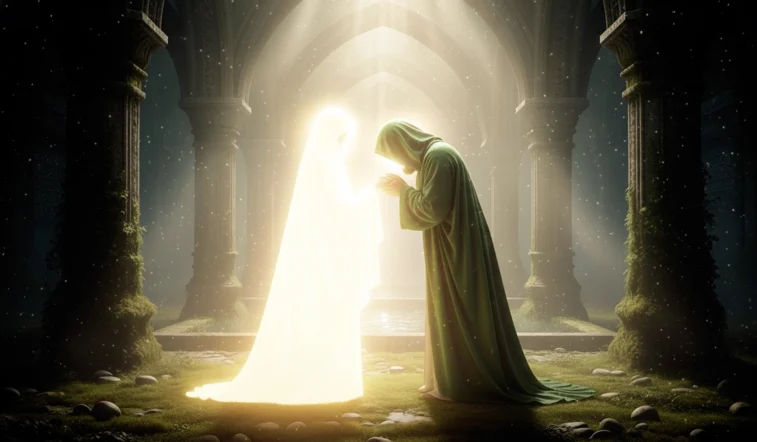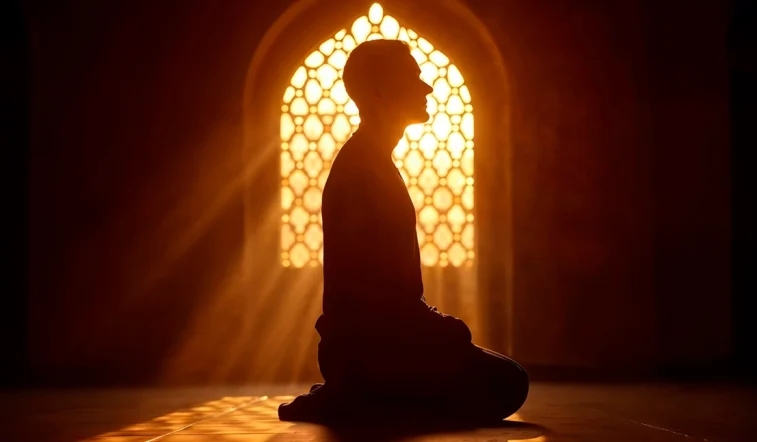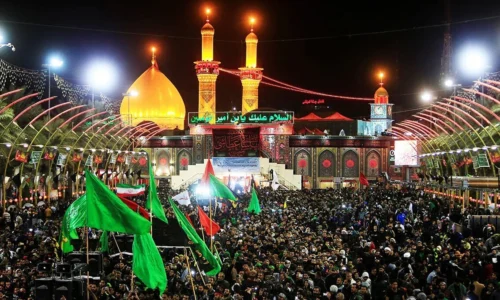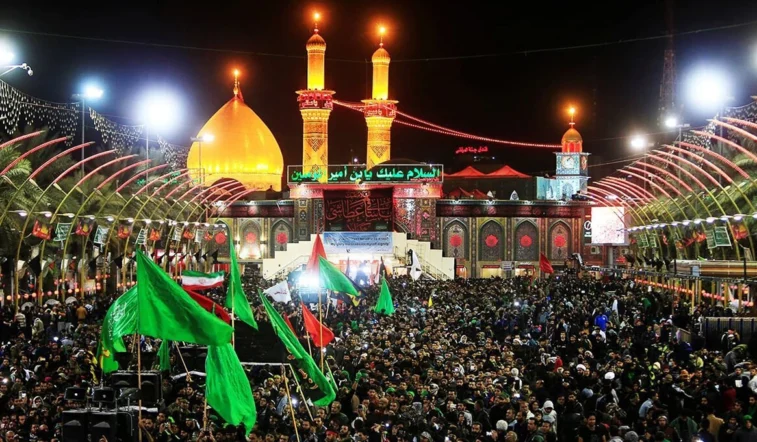Imam Muhammad ibn al-Hasan al-Mahdi, the 12th Imam in Twelver Shia Islam, holds a central place in Islamic eschatology as the awaited savior who will establish justice and peace on Earth. His birth and early life are filled with significance and marked by extraordinary circumstances that affirm his unique role.
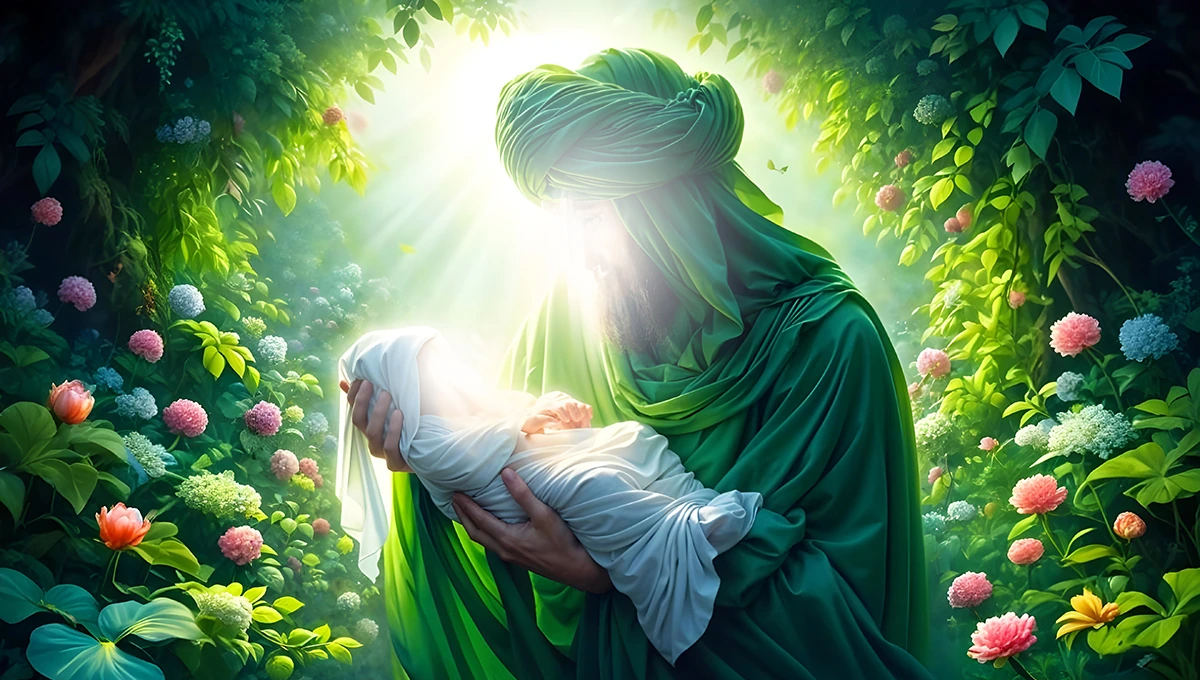
Birth of Imam Mahdi: A Divine Blessing
Imam Mahdi was born in Samarra, Iraq, in the year 869 CE (255 AH), during the era of his father, Imam Hasan al-Askari (the 11th Imam). His birth was kept a secret from the public due to the oppressive surveillance of the Abbasid caliphate, which feared the influence and spiritual authority of the Imams.
- His mother, Narjis (or Narjis Khatoon), is regarded with great respect. According to many traditions, she was of noble origin, sometimes described as a descendant of the Byzantine royal family.
- Imam Mahdi’s father, Imam Hasan al-Askari (Peace be upon him), was known for his piety and knowledge and faced constant persecution. He lived in a state of guarded secrecy, which necessitated the concealment of his son’s birth to protect the divine lineage.
Miraculous Aspects Surrounding His Birth
The birth of Imam Mahdi is surrounded by many miraculous and meaningful traditions:
- Despite the strict watch over his father’s house by the Abbasid authorities, the birth of the Imam took place in secret, signifying divine protection.
- His mother Narjis is said to have received divine help and was accompanied by angels during the birth, highlighting the sacredness of this event.
- The concealment of his birth was meant to protect him from the enemies who sought to eliminate the line of Imams and prevent the continuation of divine guidance.
Early Childhood and Secrecy
Due to the political climate, Imam Mahdi’s early life was marked by seclusion and protection:
- Unlike the previous Imams, he did not have the opportunity to live openly among the community.
- His existence was known only to a trusted few close companions of his father and family members, who acted as intermediaries between him and the wider Shia community.
- This secrecy gave rise to the belief in his eventual occultation (غیبت) — a divinely ordained concealment until the time when he will reappear to bring justice to the world.
The Legacy of His Lineage
Imam Mahdi’s lineage is deeply respected:
- He is the direct descendant of the Prophet Muhammad (ﷺ) through his daughter Fatimah al-Zahra (Peace be upon her) and Imam Ali ibn Abi Talib (Peace be upon him), the first Imam.
- His connection to the previous eleven Imams embodies a continuous chain of spiritual and moral authority that has guided the Muslim community for centuries.
His Early Signs of Leadership
Even during his youth, Imam Mahdi exhibited traits befitting a leader:
- Narrations describe him as possessing profound wisdom, deep spirituality, and remarkable composure despite his young age.
- The trusted representatives and scholars who had contact with him conveyed messages of hope and guidance to the Shia community.
- His early life prepared him for the great responsibility of leading humanity in the future.
Conclusion
The birth and early life of Imam Muhammad ibn al-Hasan al-Mahdi (Peace be upon him) are enveloped in divine mystery, protection, and sacredness. Born into a time of hardship and concealment, his life symbolizes hope, continuity of divine guidance, and the promise of justice for all humanity. His lineage, from both his father Imam Hasan al-Askari and his noble mother Narjis, further establishes the profound spiritual heritage that he carries as the awaited 12th Imam and savior.
